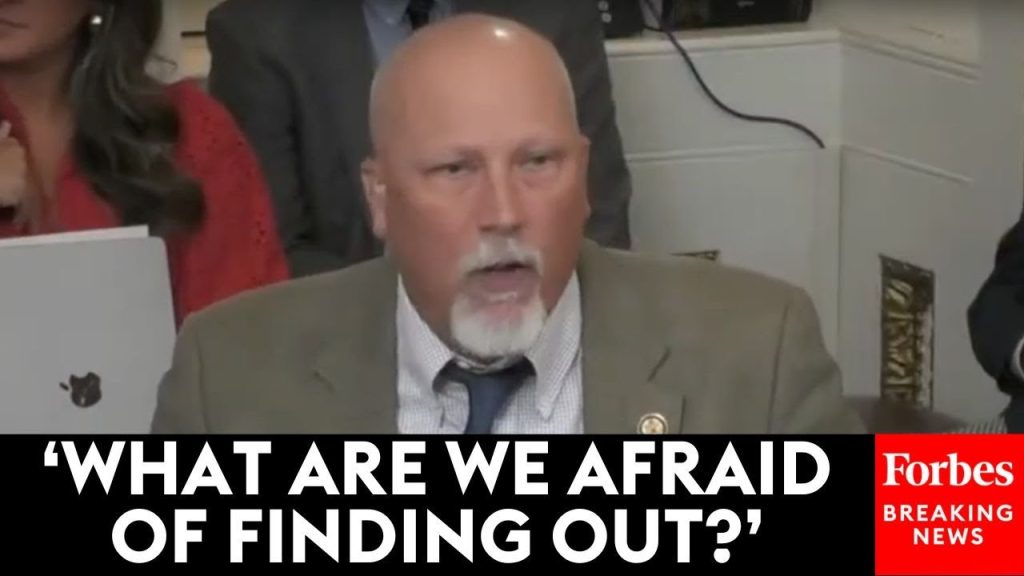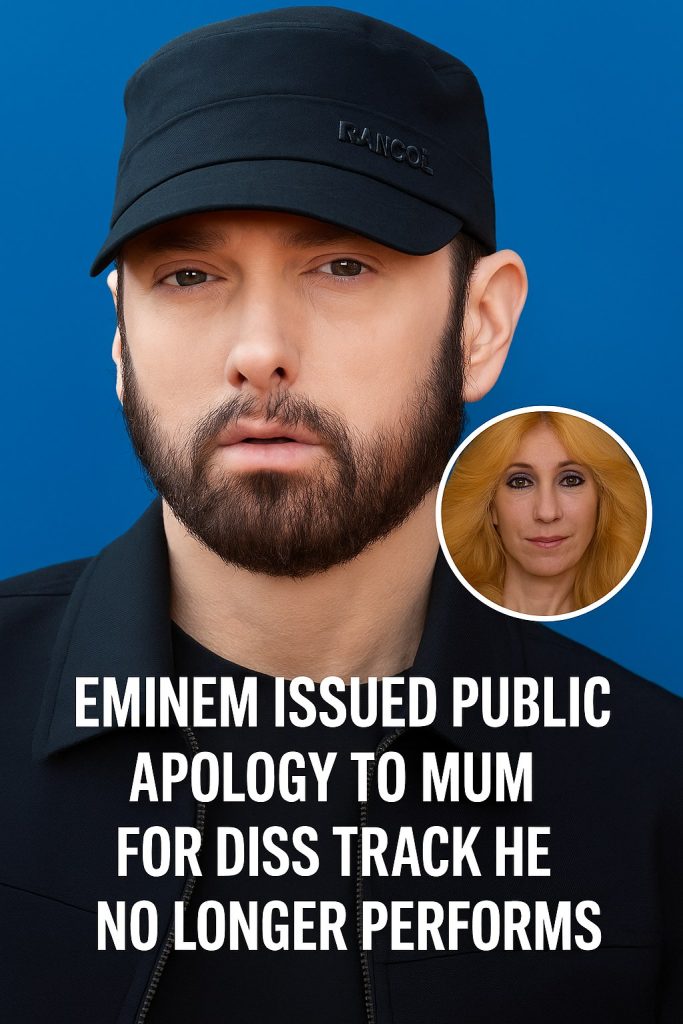In a bold and unyielding demand, U.S. Representative Chip Roy has raised critical questions regarding the investigations into the Jeffrey Epstein files, imploring his colleagues and the American public to confront what he describes as our collective fear: “What the hell are we afraid of?” This inquiry echoes a growing concern among lawmakers and citizens alike about the lack of transparency surrounding Epstein’s extensive network of influence and alleged illicit activities.
Jeffrey Epstein, a convicted sex offender with connections to powerful figures across various sectors, has long been a focal point of scrutiny. Epstein’s 2019 arrest on federal charges of sex trafficking minors ended with his controversial death in a New York jail, which spawned numerous conspiracy theories and allegations of foul play. Since then, many have clamored for a thorough investigation into his connections, believing that a deeper delve into Epstein’s files could unveil further crimes and complicity among those in high places.
Chip Roy’s statements come amidst a broader national conversation about accountability and transparency in government and the judicial process. As a member of the House Freedom Caucus, Roy is known for his commitment to conservative principles and his advocacy for limited government intervention. His call for continued investigation into the Epstein files is a rallying cry for many who believe that the tangled web of Epstein’s associations must be unraveled to protect future generations and restore public trust.
Moreover, this push for transparency coincides with a wave of increasing political activism among citizens demanding more from their leaders. Public sentiment has shifted significantly, with more Americans willing to challenge long-standing conventions that prioritize silence over scrutiny. Roy’s remarks resonate with those who feel stymied by bureaucratic inertia and a perceived lack of will among elected officials to confront uncomfortable truths.
As the nation approaches the 2024 elections, Roy’s call highlights an essential discourse: the need for openness and the investigation of potential corruption at the highest levels of power. The question remains whether lawmakers will heed his call for vigilance and courage in continuing this vital investigation. As Roy provocatively asks, will they confront their fears, or will the truth surrounding Epstein’s legacy remain buried?



